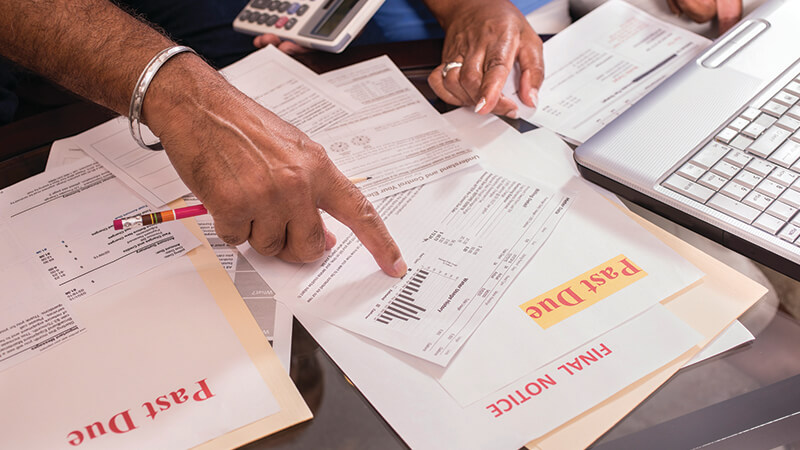Learn about how to pay your bill, how to set up auto payment, how to cancel account and contact customer support for help to pay light bill in florida by using the official links that we have provided below.
Help With Your Utility Bills: Florida – HUD
https://www.hud.gov/states/florida/renting/energyprgms
Low-Income Home Energy Assistance Program · Weatherization Assistance Program · Community Assistance Local Programs and Contacts by County.

Florida Utility Bill Assistance and Electric Bill Help
https://www.utilitybillassistance.com/html/florida_utility_bill_assistanc.html
Florida Power & Light Company offers a Care to Share Program – It provides utility bill assistance to electric customers who maybe in a crisis situation and who are unable to pay their electric …
Frequently Asked Questions
Where can I get help paying my Florida Power and light bill?
Florida Power and Light’s ASSIST Program covers a large network of agencies and social service organizations located throughout the state. There are also a wide variety of other resources that can help pay energy costs. Some of the utility bill assistance programs and ways to get help with paying electric bills are noted below.
Are there any utility bill assistance programs in Florida?
Florida utility bill and cooling bill assistance programs. Low income customers in Florida may be able to receive financial assistance from local electric, gas, and utility companies. There are also discounts for seniors, payment plans, deferral programs and other resources.
What can I do if I can’t pay my light bill?
Light Bill Assistance Several programs can help low-income individuals and families who are unable to pay their utility and gas bill. Low Income Home Energy Assistance Program (LIHEAP) Care to Share Program
How much light bill assistance can you get in Miami-Dade?
In Miami-Dade, the one-time assistance is up to $600 in a 12-month period, according to the county’s Light Bill Assistance webpage. FPL says the program is run by local nonprofits and government agency partners and may prioritize households where there are children under 10, senior citizens or someone with a disability.